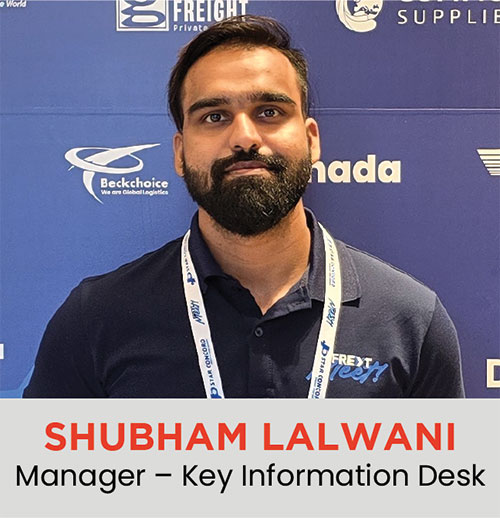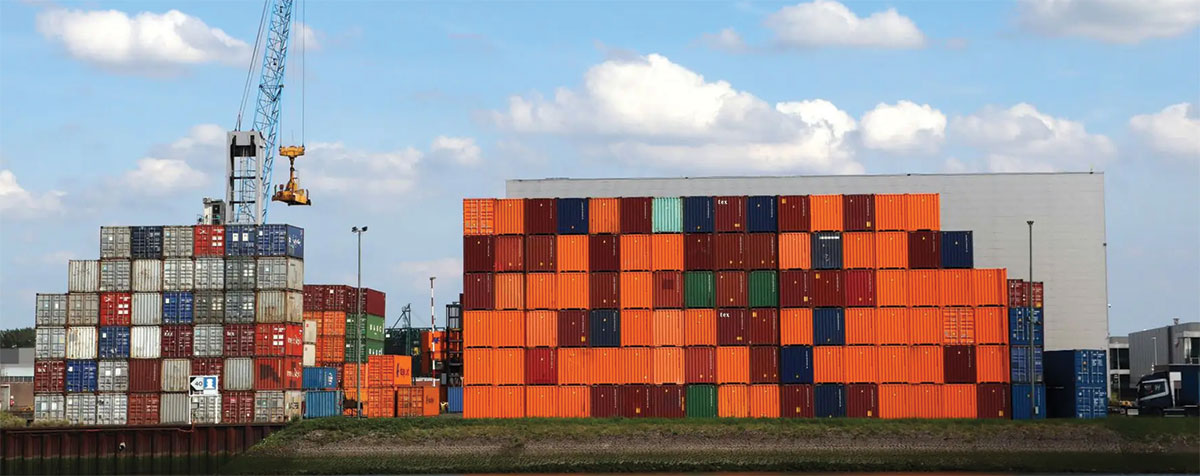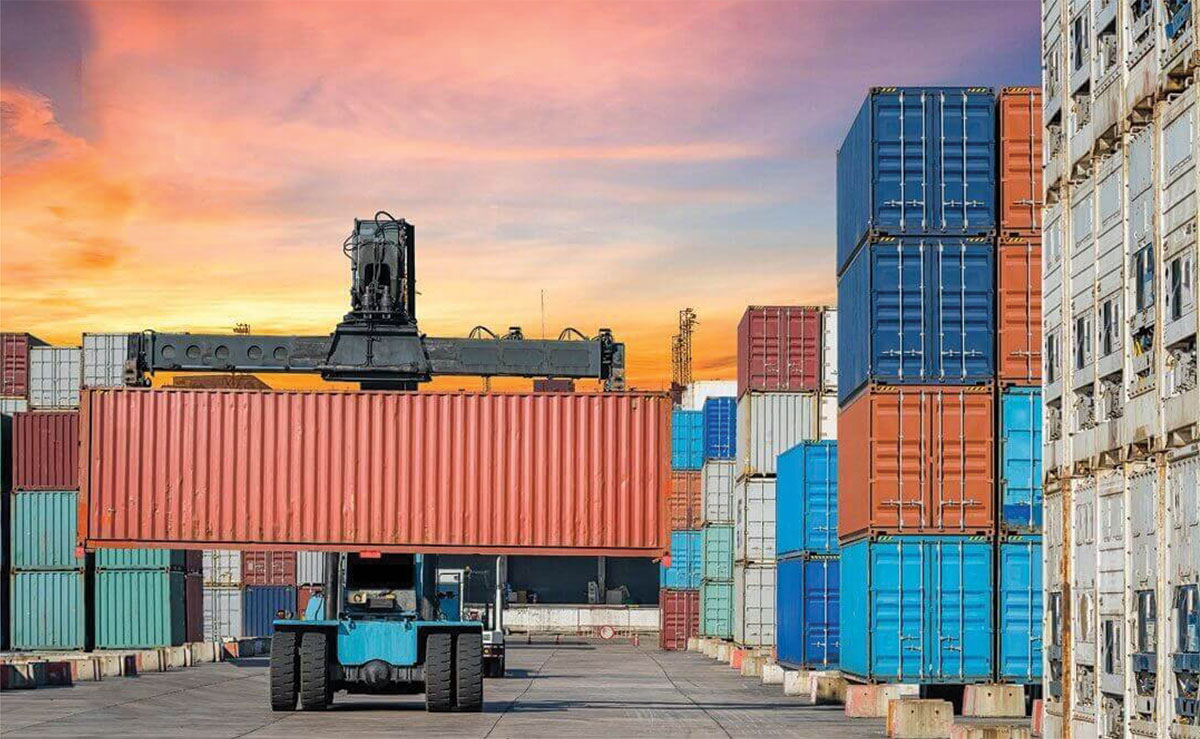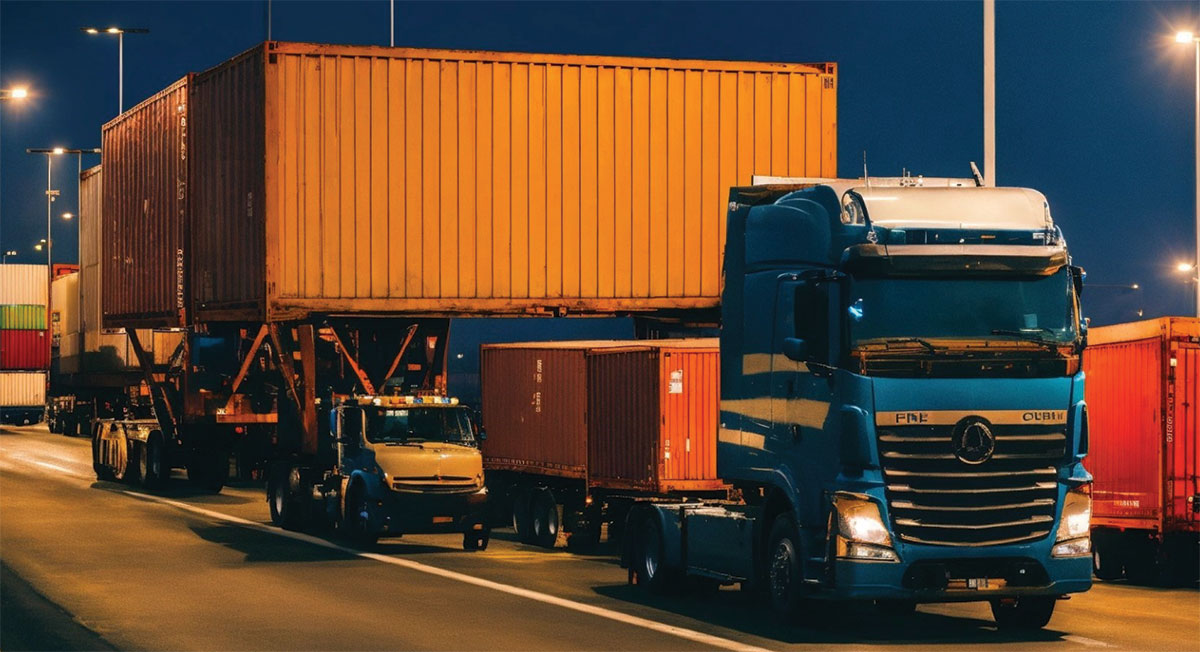 In global trade, the way freight charges are structured has a direct impact on both operational efficiency and financial management. Among the many terms that govern shipping, freight collect and freight prepaid have always been pivotal. Traditionally, exporters preferred prepaid freight—paying charges upfront to ensure smooth delivery and transparent landed costs. However, the tide is changing. Across Less-than-Container-Load (LCL) shipments, more shippers and consignees are opting for freight collect terms. This marks a significant shift in how companies balance cash flow, control, and risk in an increasingly competitive logistics landscape.
In global trade, the way freight charges are structured has a direct impact on both operational efficiency and financial management. Among the many terms that govern shipping, freight collect and freight prepaid have always been pivotal. Traditionally, exporters preferred prepaid freight—paying charges upfront to ensure smooth delivery and transparent landed costs. However, the tide is changing. Across Less-than-Container-Load (LCL) shipments, more shippers and consignees are opting for freight collect terms. This marks a significant shift in how companies balance cash flow, control, and risk in an increasingly competitive logistics landscape.
To understand this shift, it’s essential to grasp the difference between the two payment arrangements.
Freight collect is a shipping arrangement where the consignee pays freight charges upon delivery, and the carrier releases the cargo only after payment. This allows buyers more time to arrange funds, improving cash flow and enabling them to negotiate better freight rates with local forwarders. However, delayed payments or disputes can cause cargo to be held at ports, incurring demurrage or storage fees. The system relies heavily on trust between buyer and seller to prevent supply chain disruptions. In contrast, freight prepaid means the shipper pays freight charges upfront and includes them in the product cost. While this ensures faster delivery and control over carrier selection, it can strain the exporter’s cash flow.
 Why are Freight Collect terms gaining ground in LCL Freight?
Why are Freight Collect terms gaining ground in LCL Freight?
In the LCL segment, where multiple shippers share container space, the rise of freight collect arrangements reflects broader market trends. Both exporters and importers are rethinking how they manage shipping costs, working capital, and relationships with logistics partners.
 Improved Cash Flow for Exporters:
Improved Cash Flow for Exporters:
The most compelling reason for the growing popularity of freight collect terms is the enhanced cash flow management they facilitate. Exporters no longer need to pay freight charges up front before receiving payment for their goods. By shipping on collect terms, they retain liquidity for longer periods—crucial in today’s volatile global trade environment. For small and mid-sized exporters, avoiding large pre-shipment payments can make a tangible difference in sustaining operations
Greater Cost Control for Importers:
Buyers increasingly prefer to handle freight locally. By opting for collect terms, importers can choose their own freight forwarders, compare rates, and manage destination charges directly. This flexibility is particularly valuable in LCL shipments, where pricing structures vary significantly depending on route, consolidator, and destination handling costs. An importer with strong local connections or high shipping volumes can negotiate more favorable rates than what the exporter might obtain abroad. Over time, this can lead to meaningful cost savings.
Growing Sophistication in Global Trade:
As global supply chains mature, buyers are more experienced and informed. They understand port operations, documentation, and freight management better than before. This allows them to confidently assume responsibility for freight payments, especially when dealing with familiar routes and trusted carriers. In contrast, exporters benefit by reducing their exposure to fluctuating freight markets and unforeseen surcharges at the destination.
Rise of Hybrid approaches:
Another emerging trend is the adoption of hybrid freight terms. In such arrangements, the exporter may still pay for the main ocean freight (prepaid), while destination-related charges—such as documentation, handling, or delivery—are billed to the consignee (collect). This strikes a balance between control and flexibility. Exporters limit their financial risk while importers maintain cost visibility and local control. It’s a collaborative model that reflects a more dynamic and transparent logistics environment.
Nevertheless, Freight collect terms require strong coordination. If the consignee delays payment or disputes charges, cargo release may be held up, which can impact delivery timelines. In LCL shipments, where multiple shippers’ cargo is consolidated, a single consignee’s delay can disrupt the entire group shipment. Clear communication and contractual clarity are essential to avoid such setbacks.
The Road Ahead: Flexibility, Transparency, and Trust
 The shift toward freight collect in LCL freight represents more than a billing preference—it signals an evolution in how global trade partners share responsibility and manage risk. In a market where cost efficiency and flexibility are paramount, both exporters and importers are seeking smarter ways to align logistics decisions with their financial goals.
The shift toward freight collect in LCL freight represents more than a billing preference—it signals an evolution in how global trade partners share responsibility and manage risk. In a market where cost efficiency and flexibility are paramount, both exporters and importers are seeking smarter ways to align logistics decisions with their financial goals.
Financial Flexibility and Risk Management:
Freight collect terms allow exporters to focus on production and sales without locking capital in advance shipping costs. Importers, in turn, gain the flexibility to pay after confirming goods have arrived in good condition. This symbiotic relationship benefits both parties when built on reliability and mutual trust.
Operational Transparency:
Transparency is becoming a key differentiator in international logistics. Clearly defining who pays for what—whether it’s main freight, terminal handling charges, or delivery fees—helps prevent disputes. Both sides benefit when freight responsibilities are clearly communicated in quotations, contracts, and bills of lading.
Building Trust-Based Partnerships:
As collect arrangements depend heavily on timely payment and cooperative coordination, long-term relationships between exporters, importers, and freight forwarders are vital. Many logistics providers now offer digital platforms that track cost breakdowns, payment timelines, and cargo status—strengthening trust through visibility.
Future Outlook:
With ongoing pressure to optimize working capital, collect terms are expected to grow in popularity, particularly for LCL shipments. As international trade networks digitize and standardize documentation, payment delays and disputes are likely to decrease. In time, collect terms may become the default in many regions, offering a win-win model that balances financial efficiency with operational control.
 The shifting trend from prepaid to collect in LCL freight reflects a broader evolution in trade practices. Businesses today seek not only to move goods efficiently but also to manage finances strategically. Freight collect offers flexibility, empowers buyers with cost control, and helps exporters conserve cash flow—all key priorities in a world defined by fast-moving supply chains and fluctuating freight markets. As we look ahead, the success of this model will depend on transparency, communication, and mutual trust. When these elements align, freight collect becomes more than just a payment method—it becomes a partnership model that enhances efficiency, strengthens trade relationships, and keeps global commerce moving smoothly
The shifting trend from prepaid to collect in LCL freight reflects a broader evolution in trade practices. Businesses today seek not only to move goods efficiently but also to manage finances strategically. Freight collect offers flexibility, empowers buyers with cost control, and helps exporters conserve cash flow—all key priorities in a world defined by fast-moving supply chains and fluctuating freight markets. As we look ahead, the success of this model will depend on transparency, communication, and mutual trust. When these elements align, freight collect becomes more than just a payment method—it becomes a partnership model that enhances efficiency, strengthens trade relationships, and keeps global commerce moving smoothly